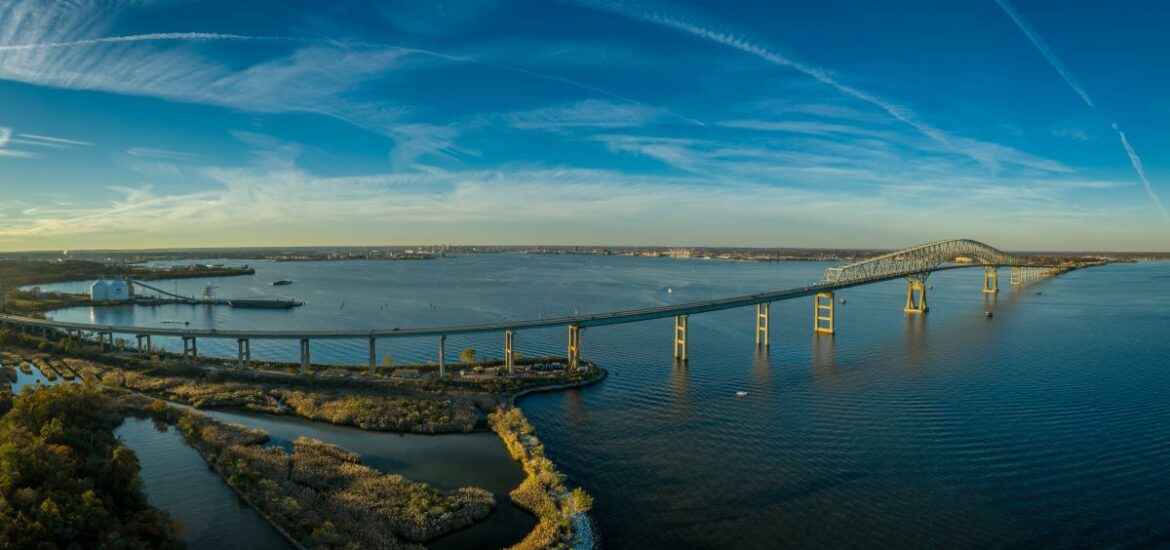After the shock collapse of the Francis Scott Key Bridge in Baltimore, many have questioned the potential run-on effects it will have on the nation’s economy.
Shocking Bridge Collapse in Baltimore
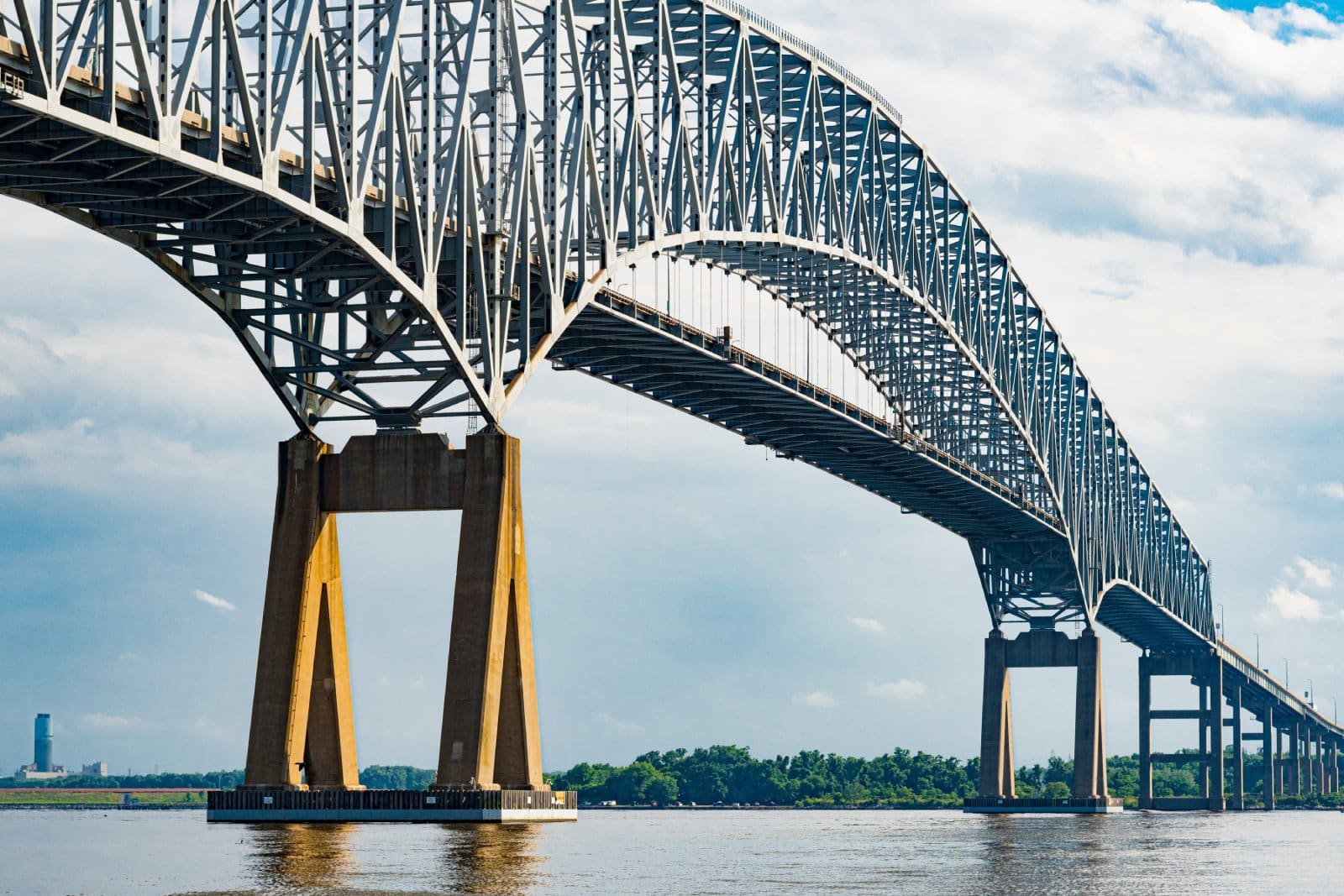
The collapse of the iconic Francis Scott Key Bridge in Baltimore has sent shockwaves through Maryland and beyond.
How Will It Impact the Economy?

While the collapse is most alarming due to the six people who went missing after the collapse, it has also raised further questions about what effect the missing bridge will have on the economy.
Closing the Port of Baltimore
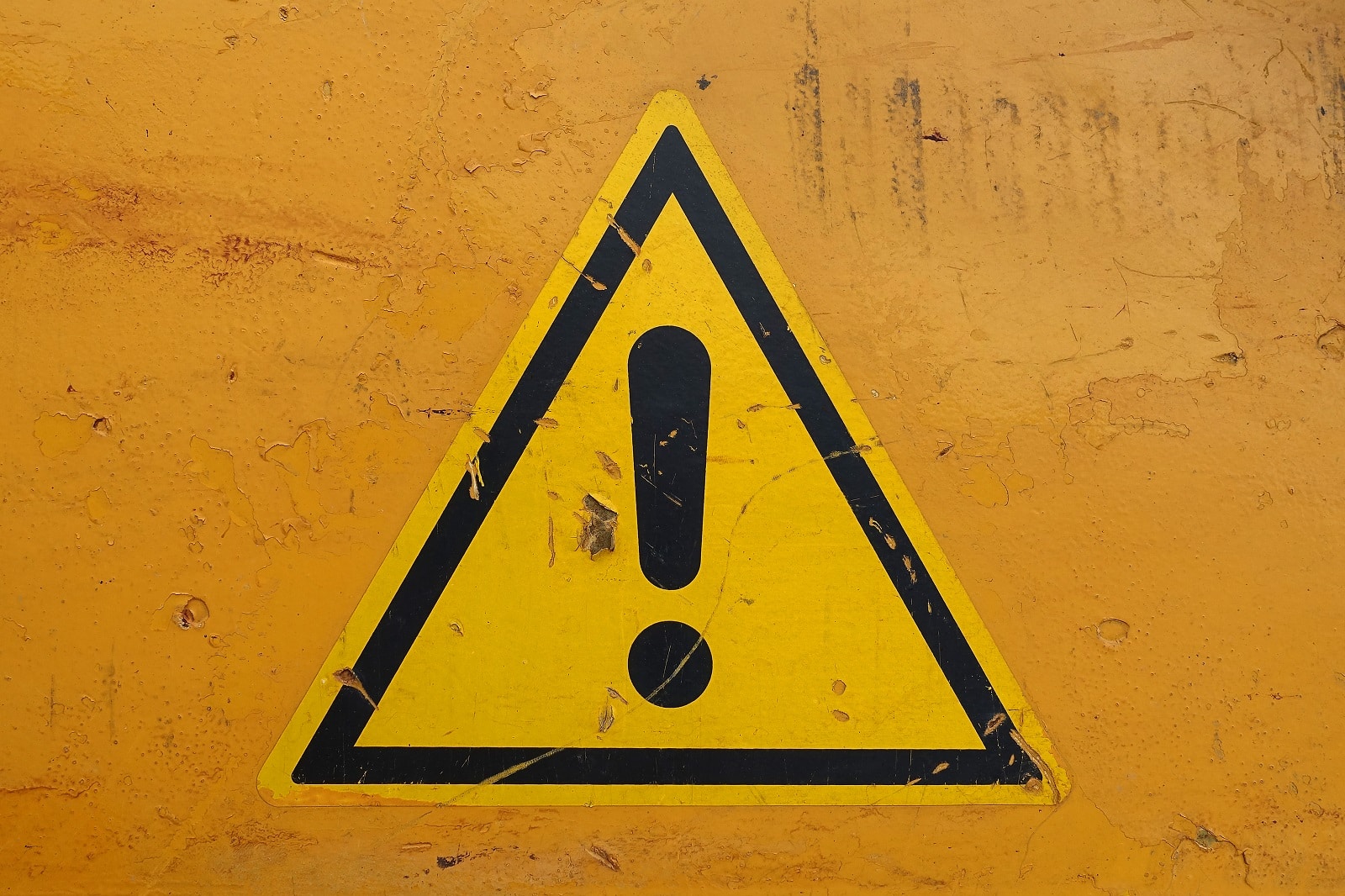
After all, the defunct Key Bridge has shut down access to the Port of Baltimore until further notice and was technically caused by activity in and out of the port.
Collision With Container Vessel
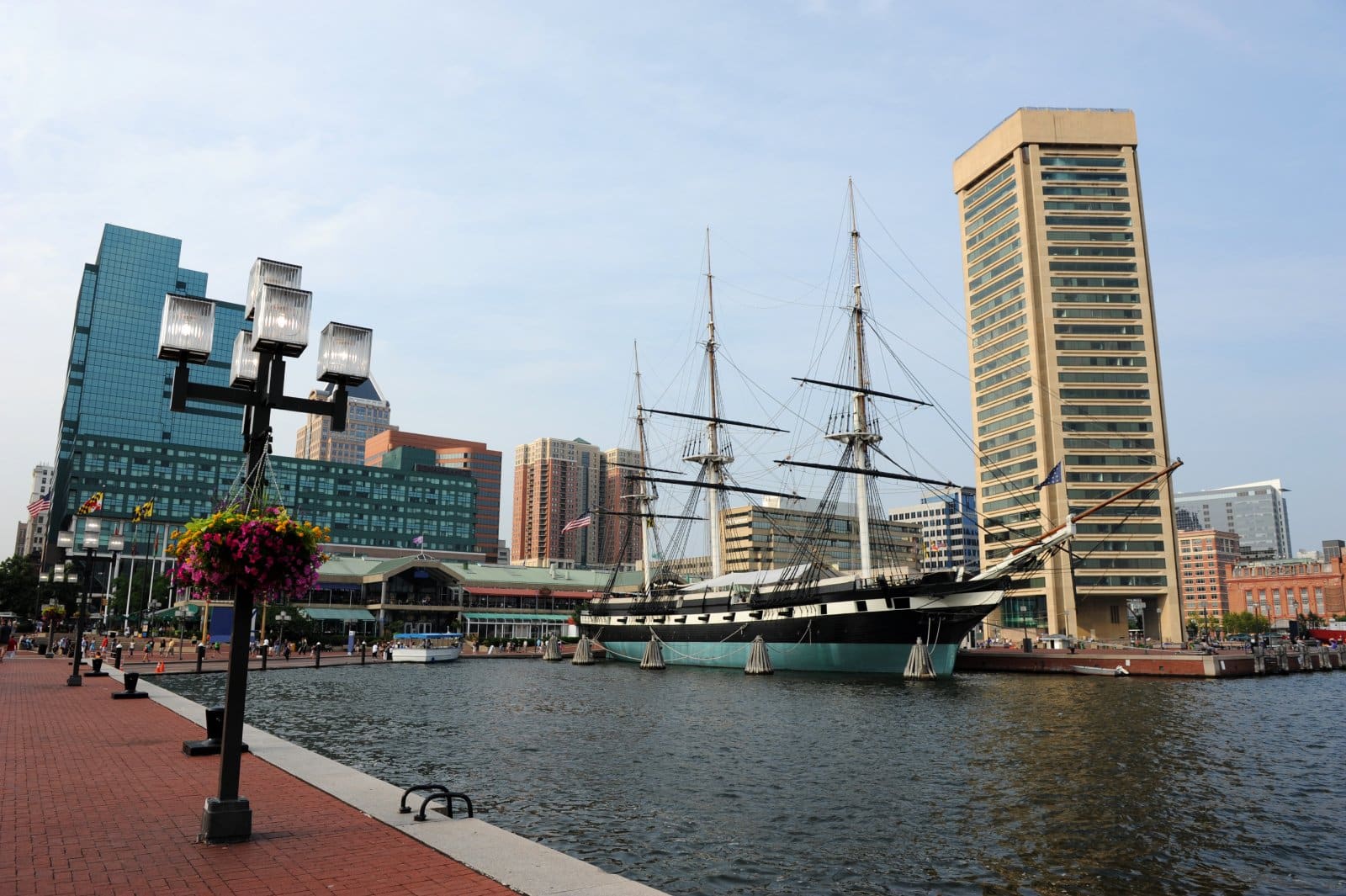
The Key Bridge fell into the water after a container vessel, operated by the Singapore-based Synergy Group, collided with its supports.
Important Port
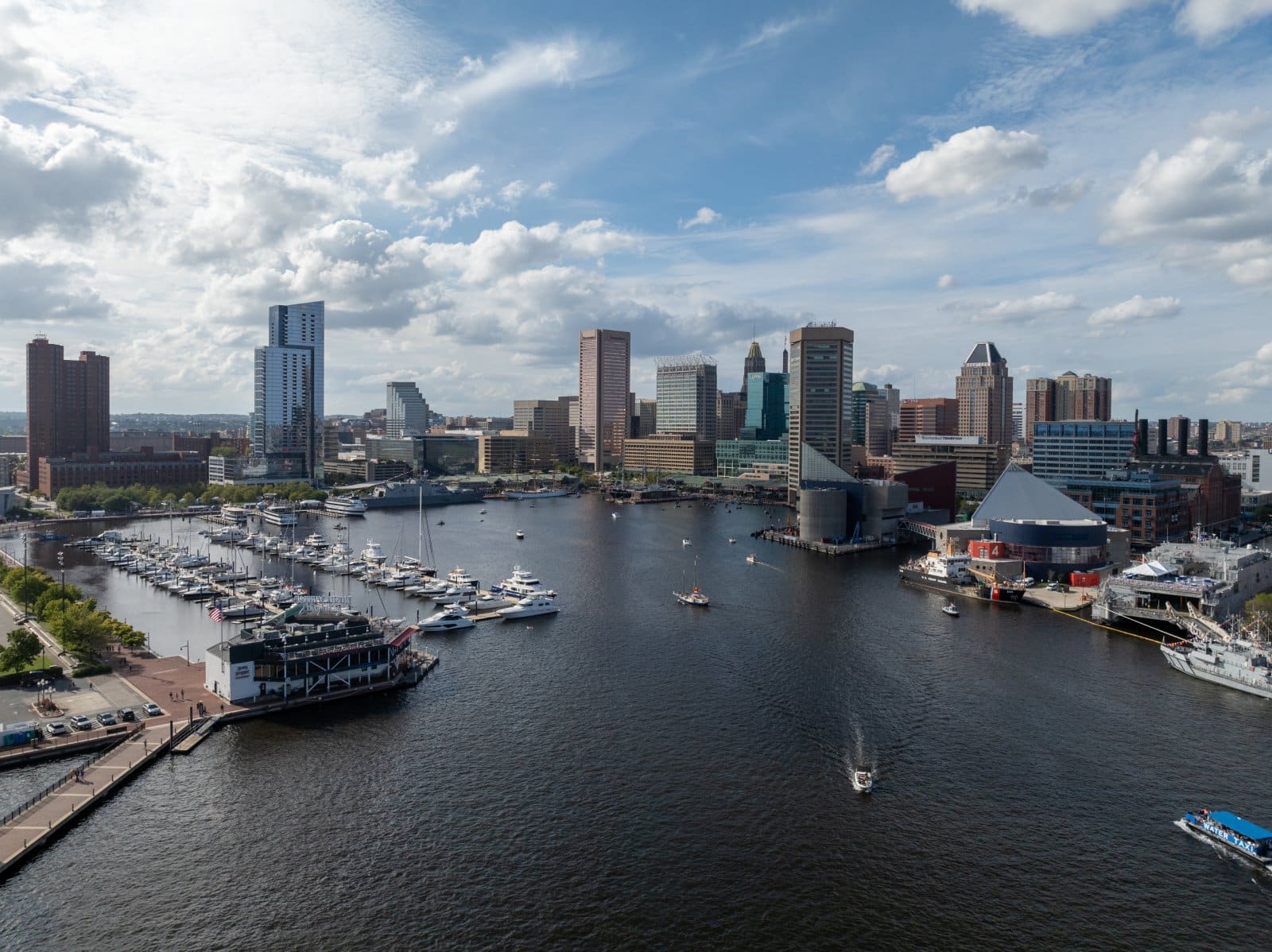
The Port of Baltimore is an important economic institution, not just for the city or state, but for the country.
Eleventh Largest in the U.S.

It is the eleventh-largest port in the U.S. and the number one destination for auto industry exports.
Experts Disagree on Long-Term Effects

While there will no doubt be negative run-on effects on the local economy, experts are split on how the collapse will affect the wider economy, and for how long.
Potential for Minimal Impact

Joseph Brusuelas, chief economist of the tax and consulting service company RSM, believes the incident and the port closures will cause “barely a ripple” for the average American outside of Baltimore.
“Barely a Ripple”

“It’s a real human tragedy what’s happened because there are people in the water,” Brusuelas said. “In terms of economics, it will cause barely a ripple in the national macroeconomy.”
Flying Under the Radar

Although he acknowledged the Port of Baltimore as playing “a critical role in the American supply chain,” he said that it “flies under the radar for most Americans.”
Not Prominent for the Average American
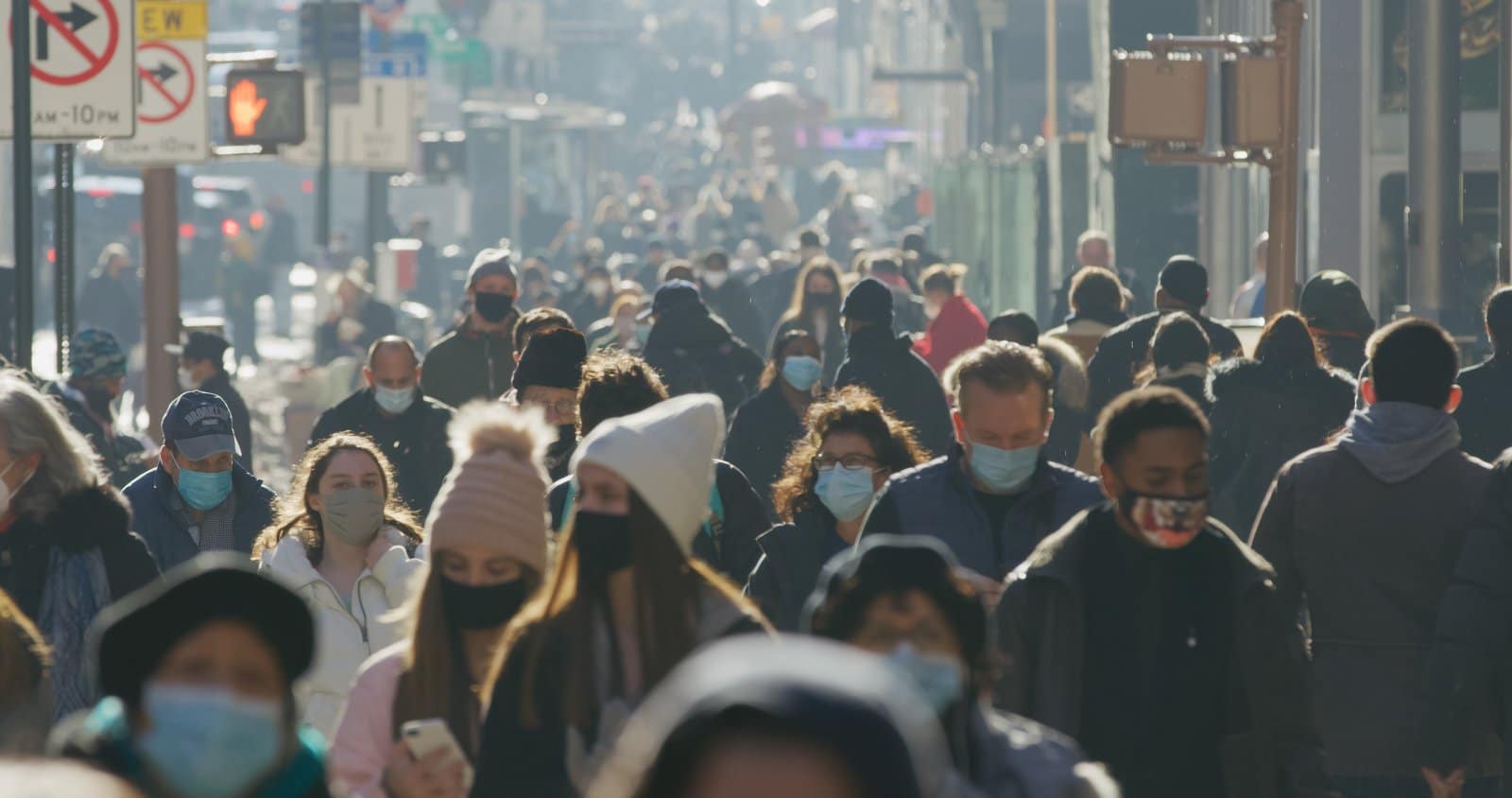
This is because of its location, which is not as prominent in the American consciousness as ports in cities like New York and L.A., and its more narrow industry focus.
Auto Companies Most Affected

Brusuelas explained that as a major auto industry importer, it would be auto companies and shoppers looking to purchase new vehicles that would be most affected over the next month.
Only a Few Weeks of Delay
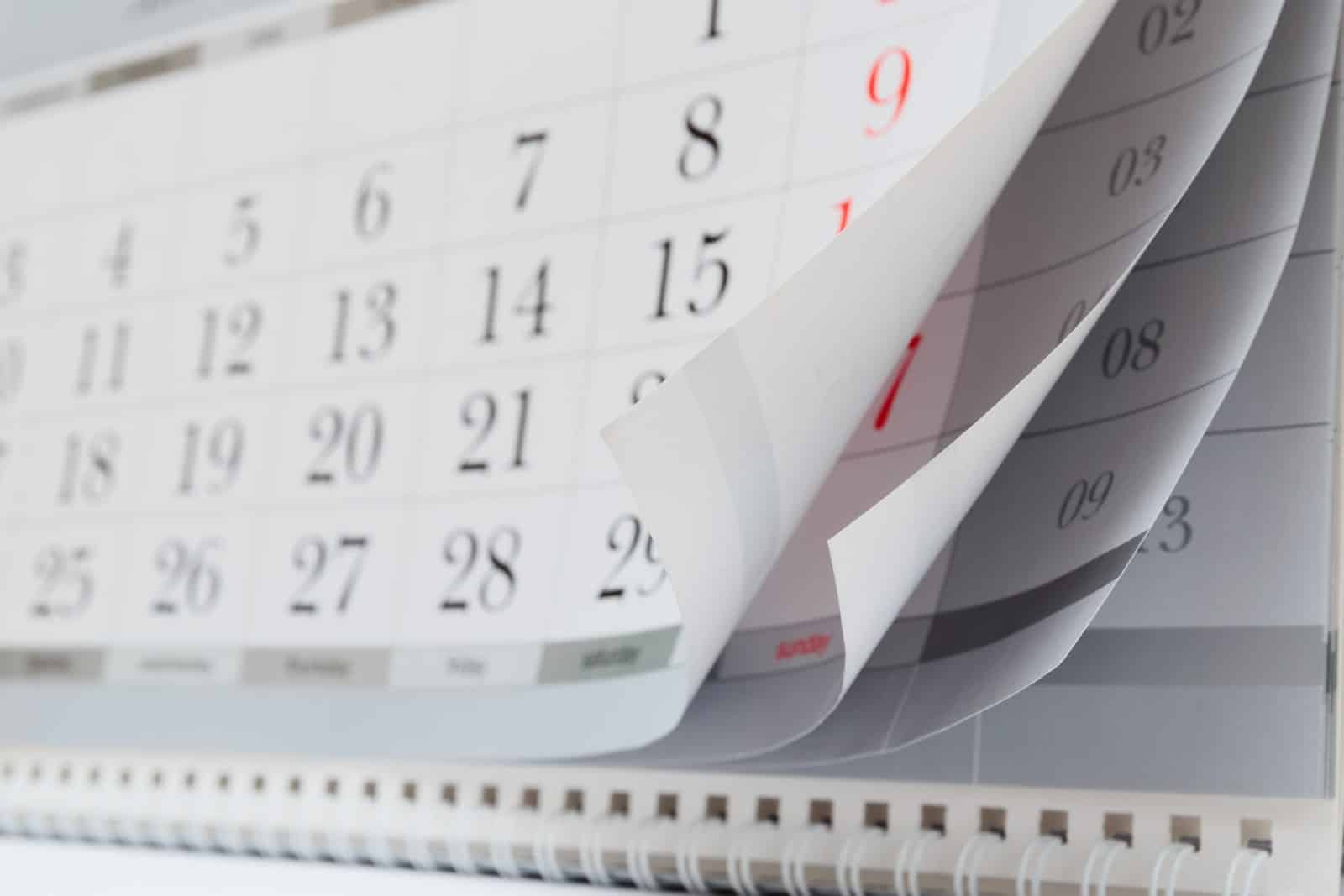
But he claimed that even though the industries would see shortages, customers would likely only have to wait for a few extra weeks for their vehicles to arrive.
May Affect Other Corporations
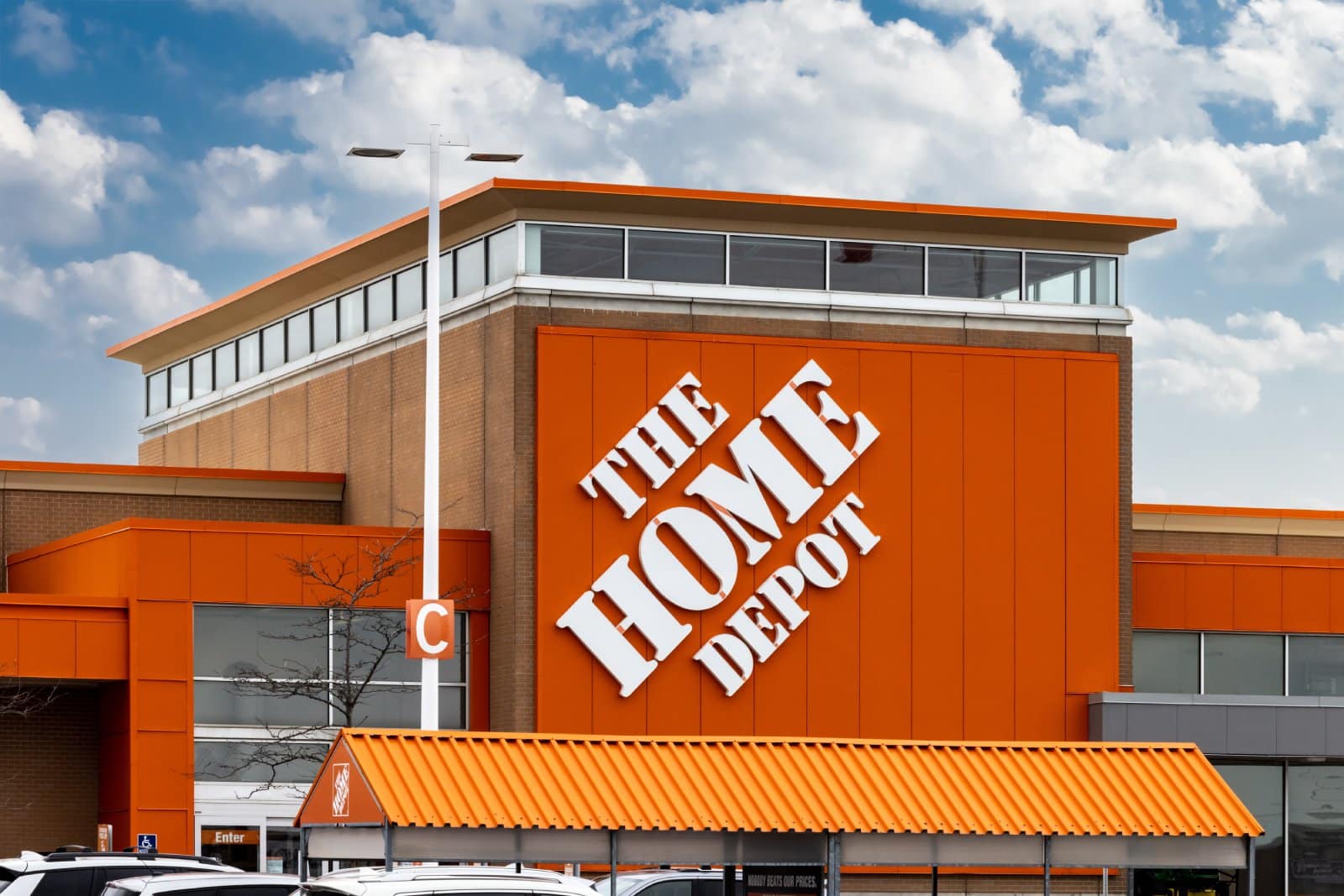
He mentioned the closures may also have minor effects on chains like FedEx, Under Armour, Home Depot, and IKEA, among others.
“A Lot of Adjusting to Do”

Mark Zandi, Chief Economist of Moody Analytics, largely expressed agreement with Brusuelas, saying “There’s going to be a lot of adjusting to do, but I don’t think it’s going to show up in the macroeconomic data.”
Others Disagree

But others, like senior Forbes contributor Chloe Demrovsky, who writes on professional risk and resilience, disagreed with the relatively optimistic look on the Port of Baltimore closure.
“Significant Economic Implications”

Demrovsky argued that the closure will have “significant economic implications potentially for years to come” due to its position as one of America’s busiest ports.
Delays and Increased Costs
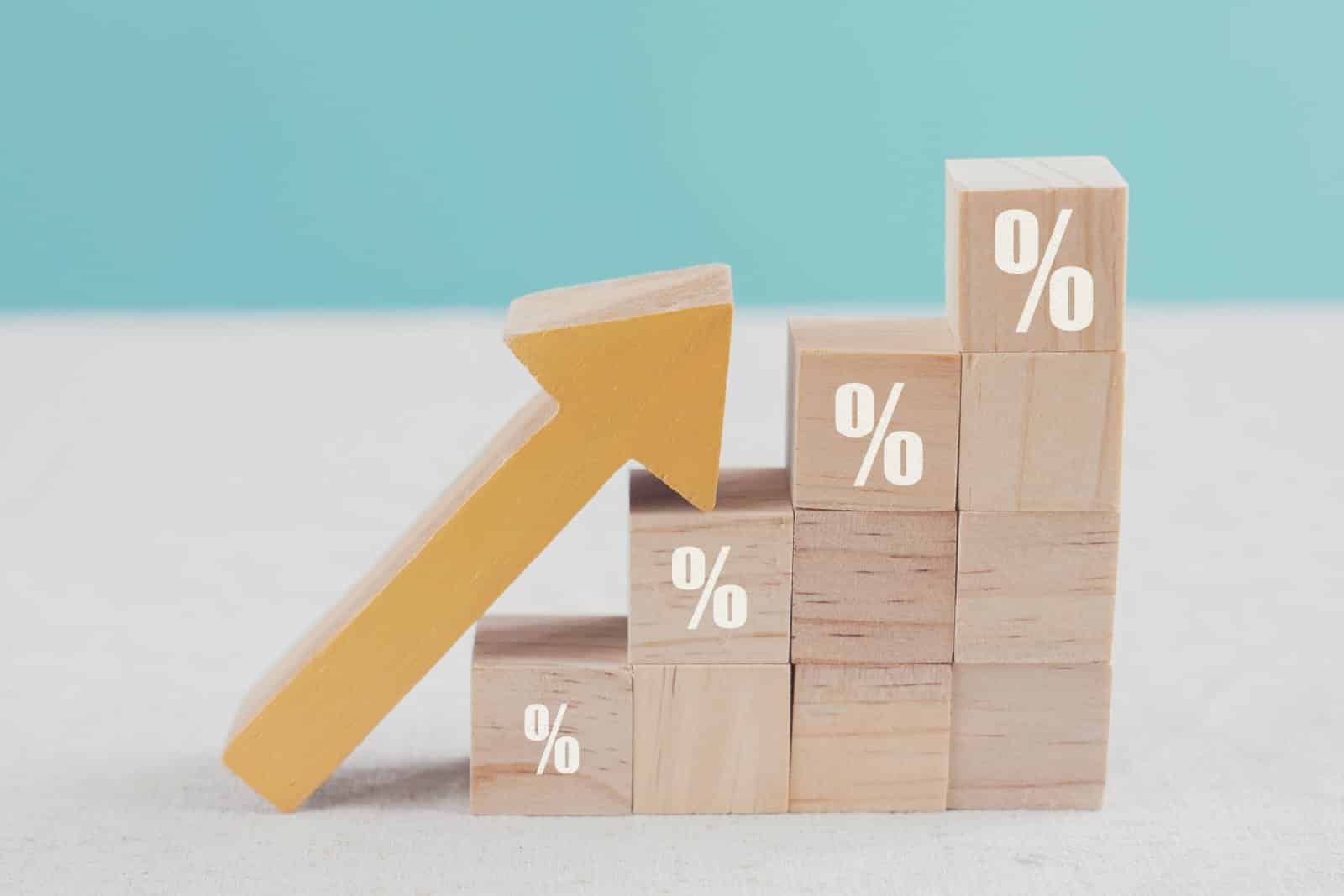
She wrote that the logistical challenges that would arise from the closed port would lead to delays throughout the country, as well as increased costs for the shipping and transportation industries.
Passed to Consumers
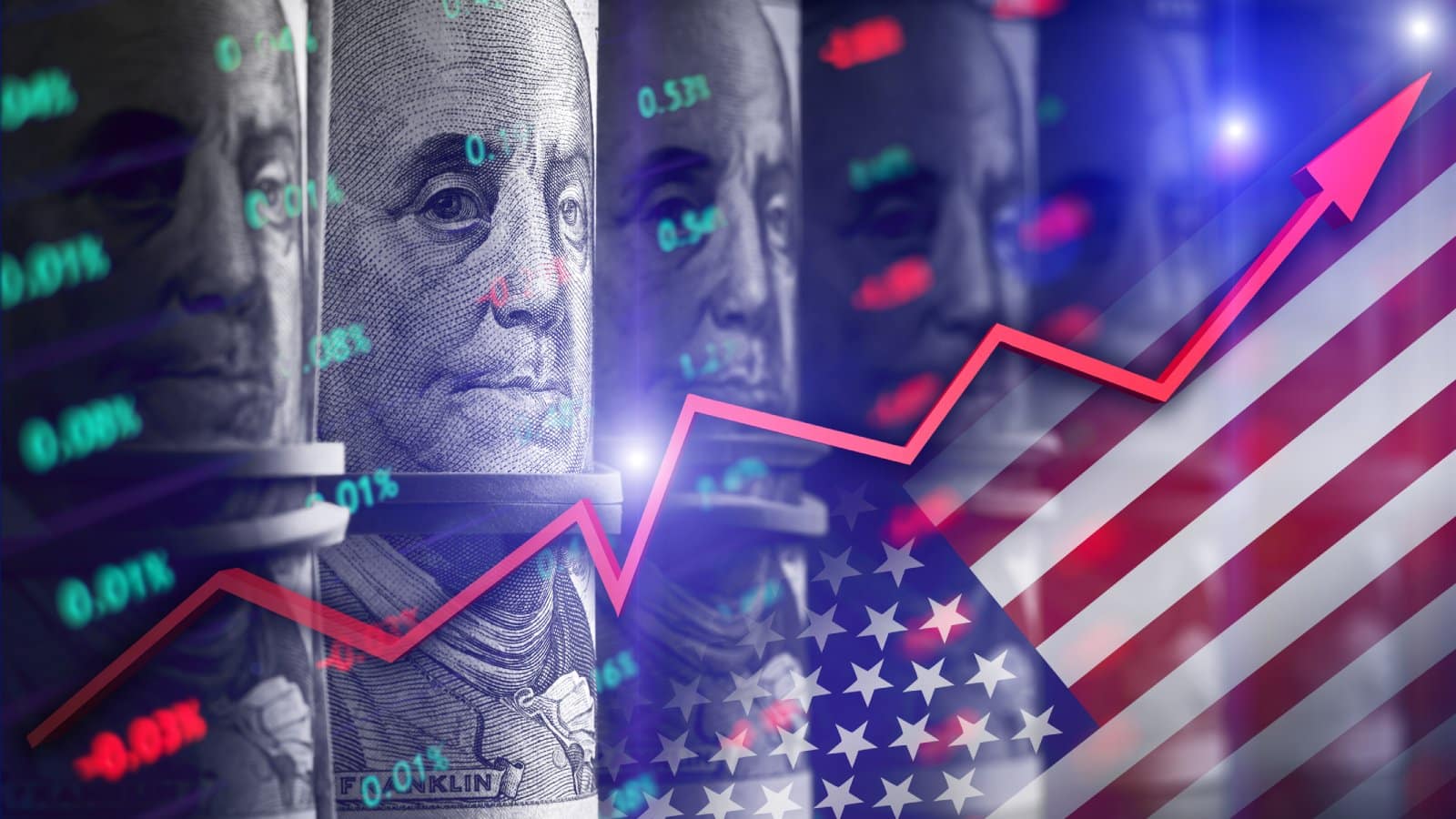
These costs could be passed onto consumers, leading to a small but notable increase in inflation throughout the country. It would also affect thousands of jobs across industries both in and outside of Maryland.
Less Resilient Industries
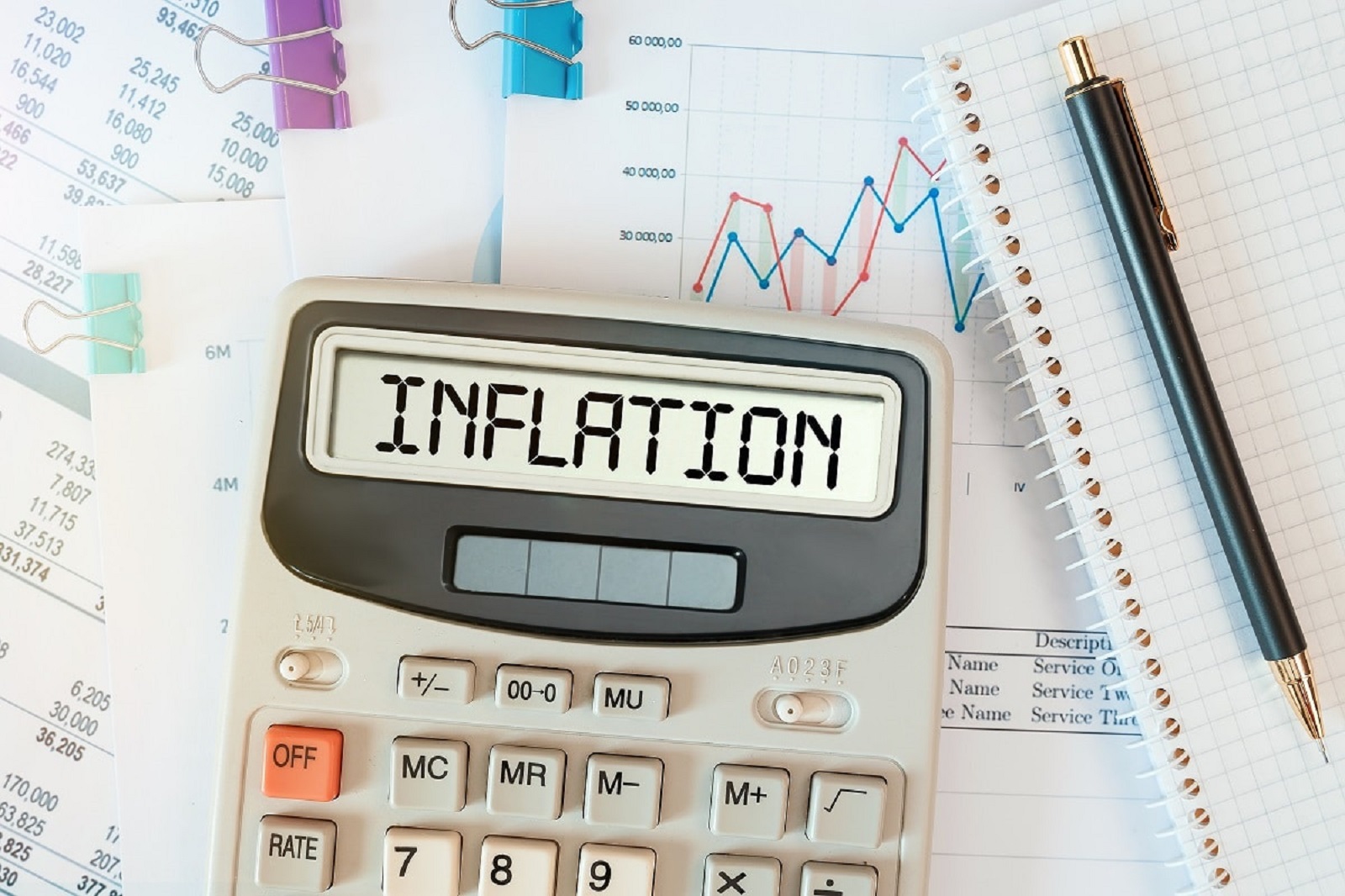
Long-term pressure from inflation would also make many affected industries less resilient in deploying response measures to the closed port.
Yet to Be Seen

While discussion of the long-term effect of the Key Bridge collapse will no doubt continue, it will be several weeks before they can be observed and measured accurately.
21 States Where Squatters Can Legally Claim Your Property
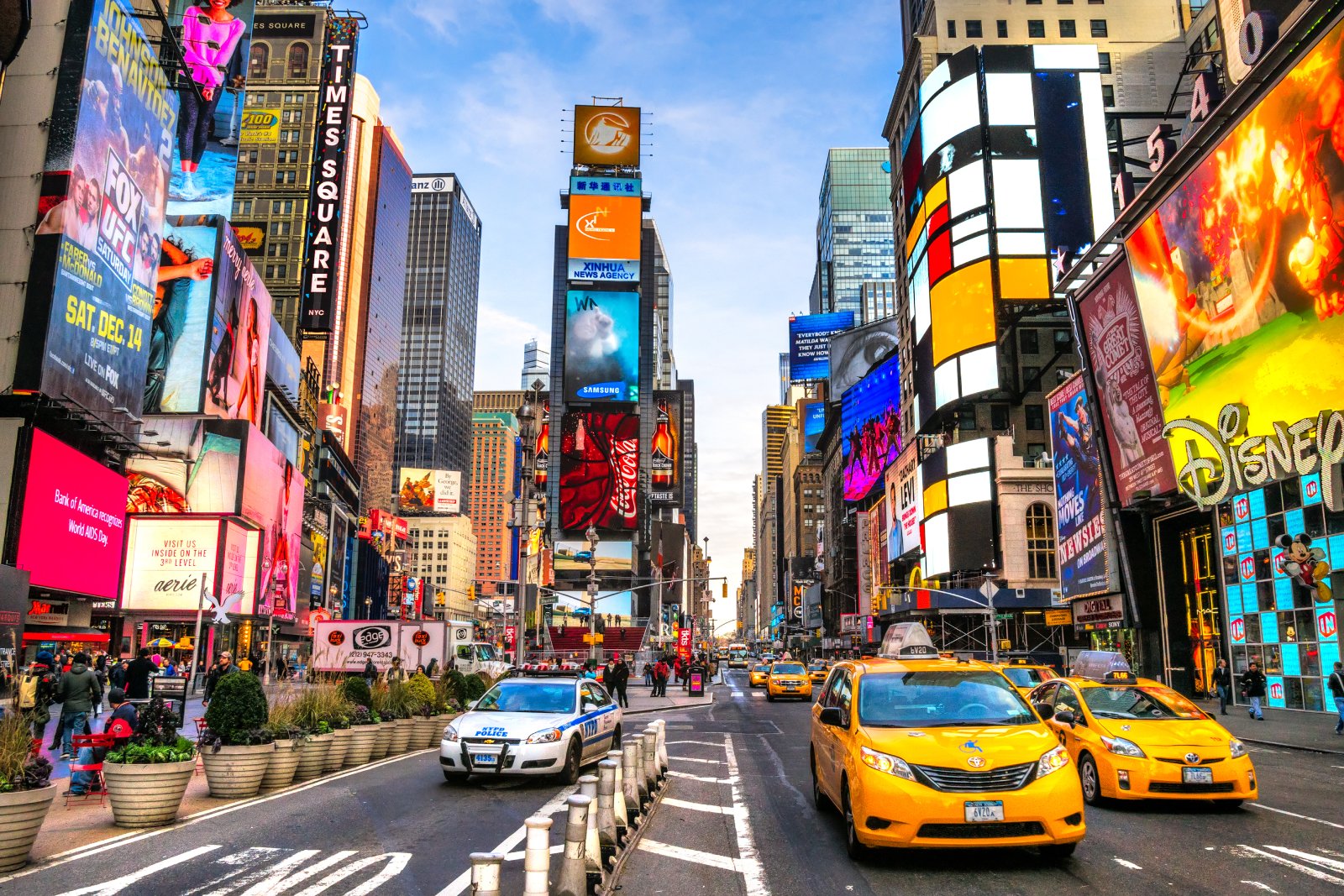
Discover how squatters’ rights, or adverse possession, are more than just legal jargon—they’re stories of unexpected twists in the world of real estate. From sunny California to the historical landscapes of Pennsylvania, here’s how these laws could turn the tables on homeowners and squatters alike. 21 States Where Squatters Can Legally Claim Your Property
14 Things That Are Banned in the U.S. but Totally Fine Elsewhere

Ever feel like America’s rulebook was written by someone with a dartboard? Across the pond or down under, things get even wackier. Let’s take a walk on the wild side of global “Do’s” that are definite “Don’ts” in the Land of the Free. 14 Things That Are Banned in the U.S. but Totally Fine Elsewhere
25 American States Nobody Wants to Visit Anymore
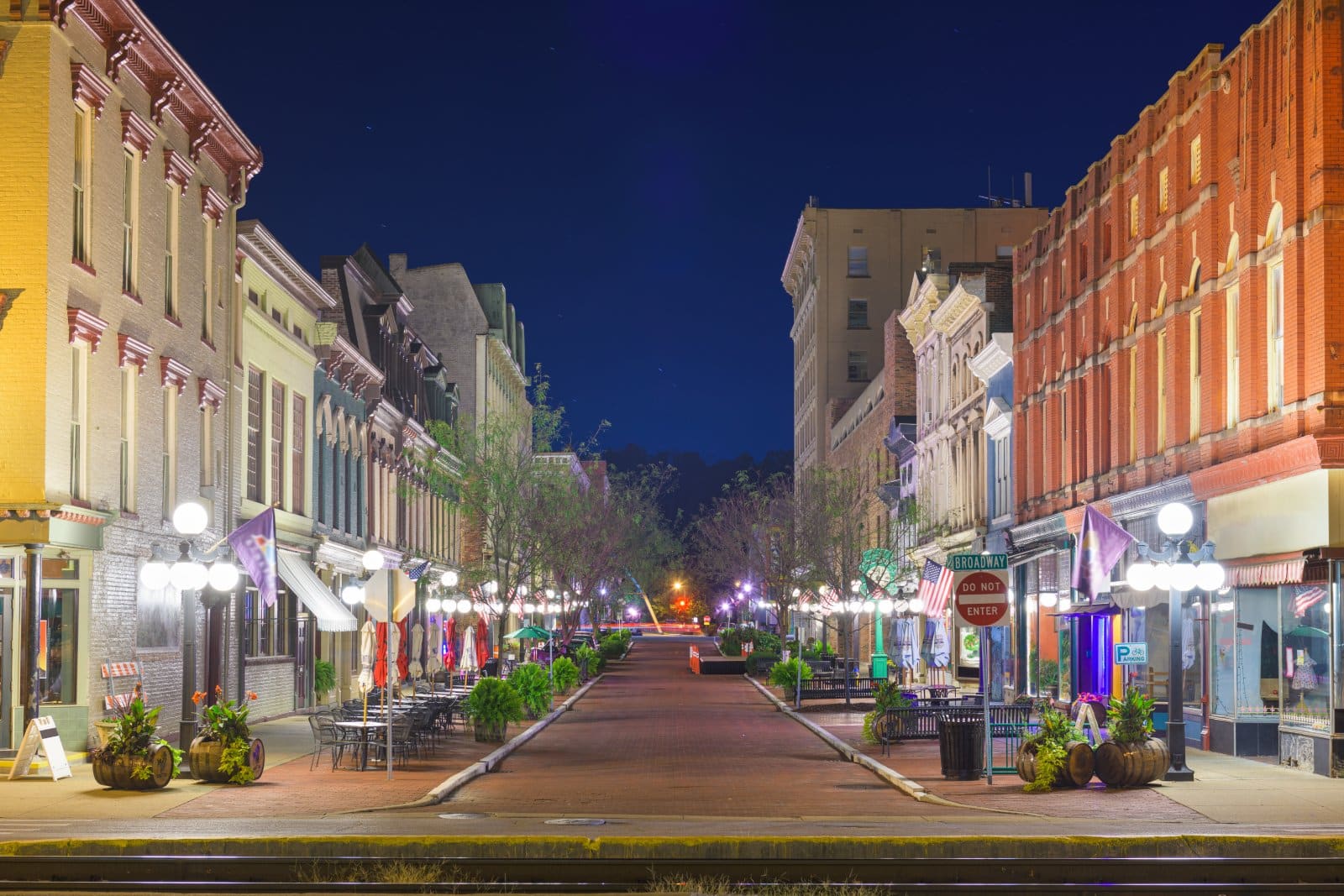
Across the United States, some states capture the hearts and itineraries of many, while others remain quietly on the sidelines, overshadowed or misunderstood. These 25 states, facing what you might call a popularity crisis, are brimming with hidden wonders, cultural riches, and natural beauty, awaiting those willing to look beyond the usual tourist trails. 25 American States Nobody Wants to Visit Anymore
20 Foods That Are Cheaper to Eat Out Than Making at Home

In a world where convenience often wins, certain culinary delights come with a lower price tag when enjoyed at a restaurant rather than crafted in your own kitchen. Here are twenty foods that might save you both time and money when indulged in at your favorite eatery. 20 Foods That Are Cheaper to Eat out Than Making at Home
17 Things You’re Paying For, but You Don’t Have To

In the land of the free, there’s a price tag on everything, but savvy Americans know better than to open their wallets for just anything. Here are 17 expenses you’ve been shelling out for without realizing there’s a cheaper or even free alternative. 17 Things You’re Paying For, but You Don’t Have To
The post Baltimore Bridge Collapse Raises Economic Worries in U.S., Experts Warn first appeared on From Frugal to Free.
Featured Image Credit: Shutterstock / tokar.
The content of this article is for informational purposes only and does not constitute or replace professional financial advice.
